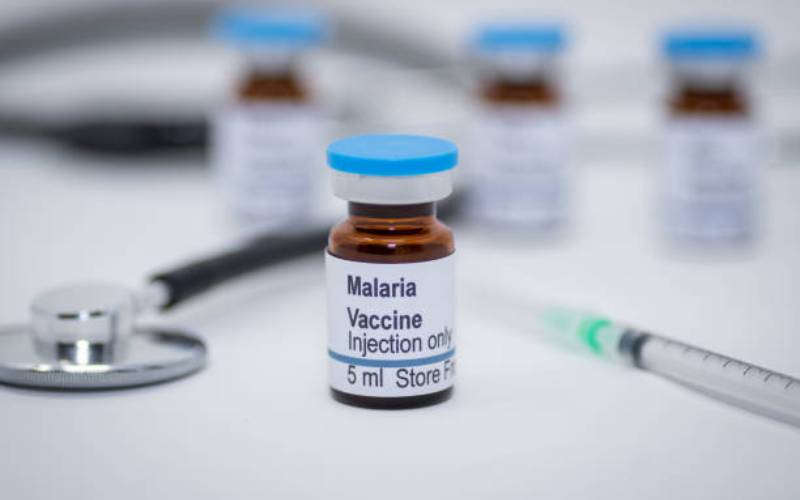×
The Standard e-Paper
Smart Minds Choose Us

The country is gearing up for a rollout of the landmark malaria vaccine by June to more counties prone to the disease.
The vaccine is on trial in eight counties as well as in Ghana and Malawi.